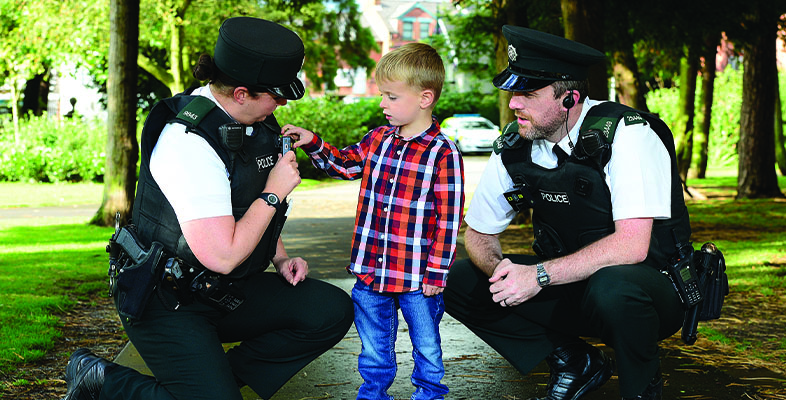2.1 Police suspect interviews
Most police suspect interviews might be considered difficult because the suspects often don’t want to be there, yet for obvious legal reasons they have to be. Whether they are guilty or innocent, it’s likely that, for the suspect, such interviews are stressful events. It’s also likely that they may be unwilling to talk. Likewise, the police officers conducting the interview may well feel under pressure to get the suspect to talk. As such, these are conversations in which the stakes are high. So what does the research in this area indicate is the best way to approach them?
In 2002, researchers Ulf Holmberg and Sven Åke Christianson carried out some psychological research in Sweden. They gave a questionnaire to men who had been convicted of either sexual offences or murder. The questionnaire asked the men to remember the interviews they’d had with the police in connection with the crime with which they’d been charged, asking them about the interviewing officers and how they felt they were treated by them. It also asked them whether they had admitted or denied their crime during their interview.
On analysing the responses the researchers found there were two main interview styles: one characterised by dominance (i.e. officers appearing aggressive, impatient and brusque), which tended to be associated with denials of the crime from suspects, and the other characterised by humanity (i.e. officers appearing empathic, helpful and accommodating), which was more often associated with suspects making confessions. This research is very interesting to psychologists as it suggests that treating people helpfully and empathically in police suspect interviews is associated with people making confessions.
Activity 2 Reflecting on your own experience
Reflecting on this information, try to think back to a time when you had to talk to someone about something you didn’t really want to discuss, recording your thoughts in the boxes below. The example you use can be drawn from anywhere – your family relationships, a work situation or maybe a situation in your local community.
Discussion
It’s interesting to notice that most people’s response to this is to think that of course they would be more forthcoming if someone was empathic and understanding – and yet we still buy into the myth we see in films that, when talking to a police suspect, for some reason the rules of ‘what works’ will be different! (i.e. in films and TV shows we think that being a ‘tough’ or ‘aggressive’ interviewer gets results.)
The psychological research explored here links to the psychological model introduced in the next section, which also considers how dominance and humanity might be important in communicating. This model is called the interpersonal circle.
